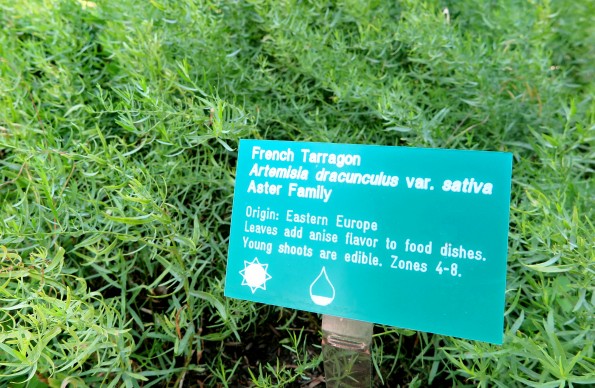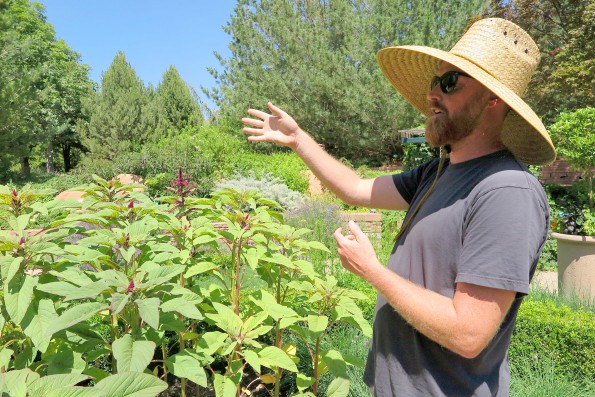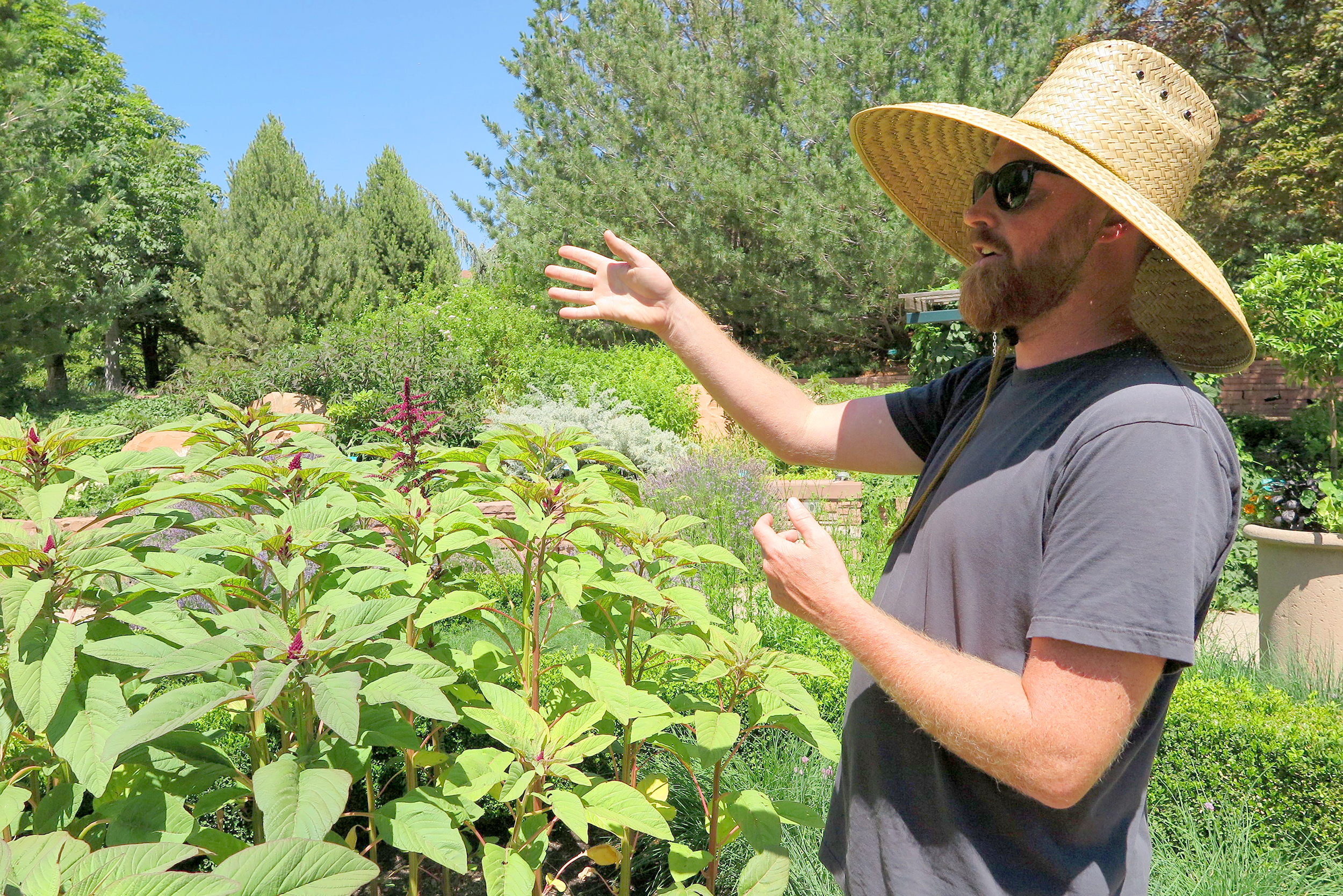 One early spring evening, Mary Urban Clark stood at her counter chopping the first of her garden’s thyme and sage, and started humming. “I felt alive,” she recalled. “It made me feel happy….working with something I helped grow.” Mary has been growing her own herb garden for at least a decade. She learned some of her skills from her grandmother who was an avid gardener her entire life, and passed her knowledge along to Mary.
One early spring evening, Mary Urban Clark stood at her counter chopping the first of her garden’s thyme and sage, and started humming. “I felt alive,” she recalled. “It made me feel happy….working with something I helped grow.” Mary has been growing her own herb garden for at least a decade. She learned some of her skills from her grandmother who was an avid gardener her entire life, and passed her knowledge along to Mary.
When people think of herbs, they may envision adding a sprinkle of seasoning to food, but growing your own herbs offers physical, emotional and even spiritual boosts.
“Virtually every plant that is commonly grown as a culinary herb has a medicinal value as well,” says Fritz Kollmann,Red Butte Garden’shorticulturist. For example, both thyme and sage have been used to treat coughs and other ailments. Rosemary can be used in the treatment of digestive issues, and many non-culinary herbs are easy to include in any garden, as well. Kollmann mentions that elderberry, echinacea, catnip and licorice are easy to grow and also have medicinal benefits.
To get health benefits from herbs, Kollmann prefers “tinctures, which are alcoholic or glycerin plant extracts. I also use herbs to make tea and use powdered herbs in blender drinks as well.”
In addition to physical applications, herbs can be used to promote mental and emotional well-being. Clark puts dried lavender into satchels and places them in drawers. With herbs, she creates aromatic sprays and hangs dried herbs as decorations. “There are herbs that bloom….and their blooms can be very pretty.” Her home is infused with scents and sights she enjoys and finds calming.
Simply having a garden offers its own healthful benefits. “Tending to your garden encourages you to be outdoors and get a little exercise while enjoying the beauty of your plants,” Kollmann says.
Despite many benefits, the prospect of starting or maintaining an herb garden can feel daunting. Clark suggests starting small, and “reverse engineering” what herbs you plant. She suggests looking in your kitchen or medicine cabinet and identifying what herbs you already use.
Clark says there is immense value in talking to experts and growers in person. “Even if you go to a farmer’s market and someone is selling the herbs you wish you could be growing, they’re not going to take it as a loss of business to give you a couple of pointers,” she says. And Kollmann says that public gardens, local garden centers, online nurseries and seed companies are all good information resources.
Kollmann cautions prudence when using herbs as medicines. “Consult with an herbalist and your doctor before beginning any long-term herbal treatments. People react differently to different plant medicines.”
With the proper education and planning, growing and using your own herbs can leave you, like Kollmann, “with a sense of empowerment and the feeling of self-reliance” and allow you to “revel in the feeling of connection to the plant world.”







